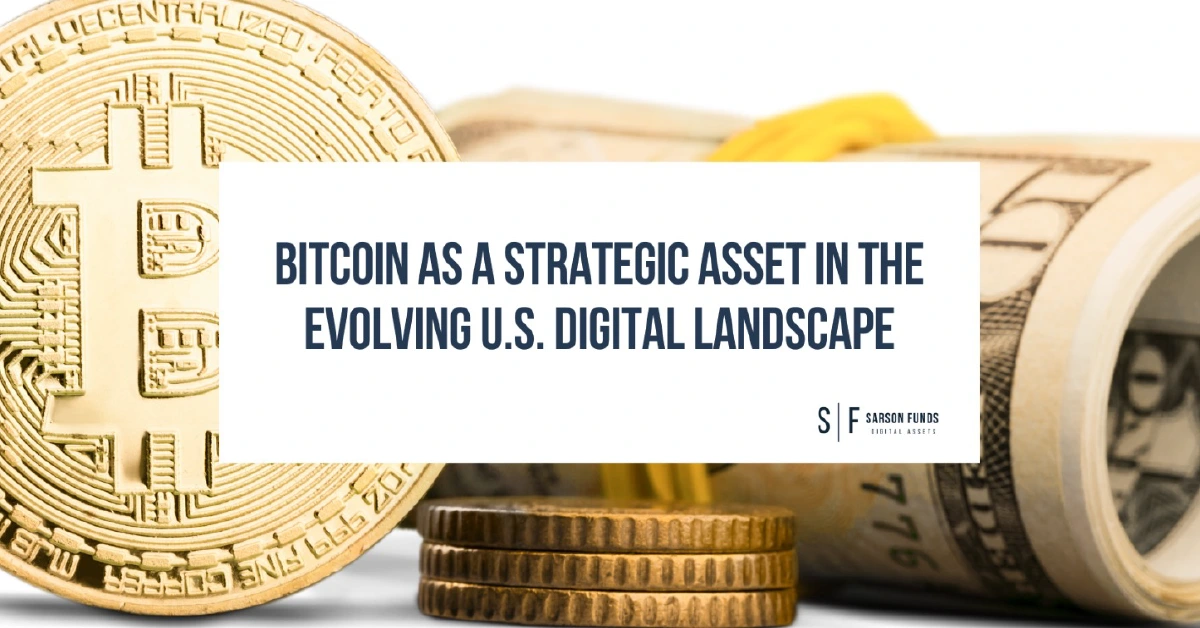
In an era where digital innovation is reshaping global power dynamics, Bitcoin stands out as more than a speculative asset—it has the potential to become the linchpin of U.S. digital supremacy in the 21st century. Bitcoin as a Strategic Asset is redefining economic policy, technological leadership, and national security strategy. Far beyond its “digital gold” reputation, Bitcoin represents a multifaceted form of digital capital capable of transforming key areas of our digital future.
Beyond Digital Gold: A New Kind of Digital Capital
Bitcoin has the potential to transcend conventional asset categories—including stores of value like gold, income-generating assets like real estate, and industrial commodities like oil.
It represents:
-
- Digital Capital: A robust store of value that resists inflation, decay, and geopolitical instability.
- Digital Property: An asset that can generate ongoing revenue through methods such as staking, lending, or other innovative financial services.
- Digital Energy Network: A secure, cryptographic infrastructure that underpins global transactions—essentially serving as the backbone for an AI-driven economy.
This reframing establishes that Bitcoin is not merely speculative but a foundational element. In other words, Bitcoin as a Strategic Asset underpins the next generation of digital infrastructure.
Bitcoin as a National Security Imperative
Bitcoin’s relevance extends far beyond financial returns. It has the potential to play a pivotal role in safeguarding U.S. interests by:
-
- Enhancing Cyber Defense: Acting as an immutable and resilient barrier against modern cyber threats.
-
- Securing Digital Energy: Preserving control over critical digital infrastructure—much like maintaining a strategic military presence in key global regions.
Control over this emerging layer of digital energy offers a decisive advantage in the global economic arena—one that’s growing more urgent as cyber warfare and digital espionage accelerate.
The $450 Trillion Opportunity
Bitcoin represents a generational opportunity to redirect even a fraction of the world’s $450 trillion in long-term capital currently locked in traditional assets. Its deflationary design offers:
-
- Wealth Preservation: A hedge against inflation, geopolitical instability, and systemic shocks.
- Global Capital Flight: A resilient alternative for capital fleeing regions of economic uncertainty.
- Debt Neutralization: A bold lever for sovereigns to offset national debt through strategic Bitcoin accumulation.
If deployed strategically, Bitcoin’s role in global capital flows could fundamentally reshape the financial order.
Risks and Considerations
Realizing Bitcoin’s potential will require addressing several critical challenges:
-
- Regulatory Hurdles: Governments may push back against decentralized assets that disrupt traditional monetary control.
- Environmental Impact: Bitcoin mining’s energy consumption remains a key issue amid increasingly stringent environmental policy frameworks worldwide.
-
- Technological Vulnerabilities: Future advances in quantum computing or vulnerabilities in cryptographic protocols could pose long-term risks to network security.
These challenges require careful consideration and proactive strategies to ensure that the promise of Bitcoin doesn’t come at an unsustainable cost.
A Path Forward for Digital Dominance
To secure a leadership position in the digital era, the U.S. must:
-
- Develop a Strategic Bitcoin Reserve: A disciplined national accumulation strategy could serve as a cornerstone for long-term economic resilience.
- Champion Digital Values: U.S. policy should protect decentralized innovation and uphold the principles of secure, open digital finance.
- Dominate Digital Infrastructure: Investing in and securing a substantial share of the global digital energy network will be vital to national competitiveness.
Conclusion: Embracing the Future or Clinging to the Past?
Bitcoin is more than an asset class—it’s a strategic instrument capable of shaping the next era of digital power. By recognizing and leveraging Bitcoin as a Strategic Asset, the U.S. can lead the charge in digital innovation. As the global economy accelerates toward digitization, the choice is clear: lead with vision and intent, or risk falling behind in the race for digital supremacy.
Disclosures: This article is for informational purposes only and should not be considered financial, legal, tax, or investment advice. It provides general information on cryptocurrency without accounting for individual circumstances. Sarson Funds, Inc. does not offer legal, tax, or accounting advice. Readers should consult qualified professionals before making any financial decisions. Cryptocurrency investments are volatile and carry significant risk, including potential loss of principal. Past performance is not indicative of future results. The views expressed are those of the author and do not necessarily reflect those of Sarson Funds, Inc. By using this information, you agree that Sarson Funds, Inc. is not liable for any losses or damages resulting from its use.









